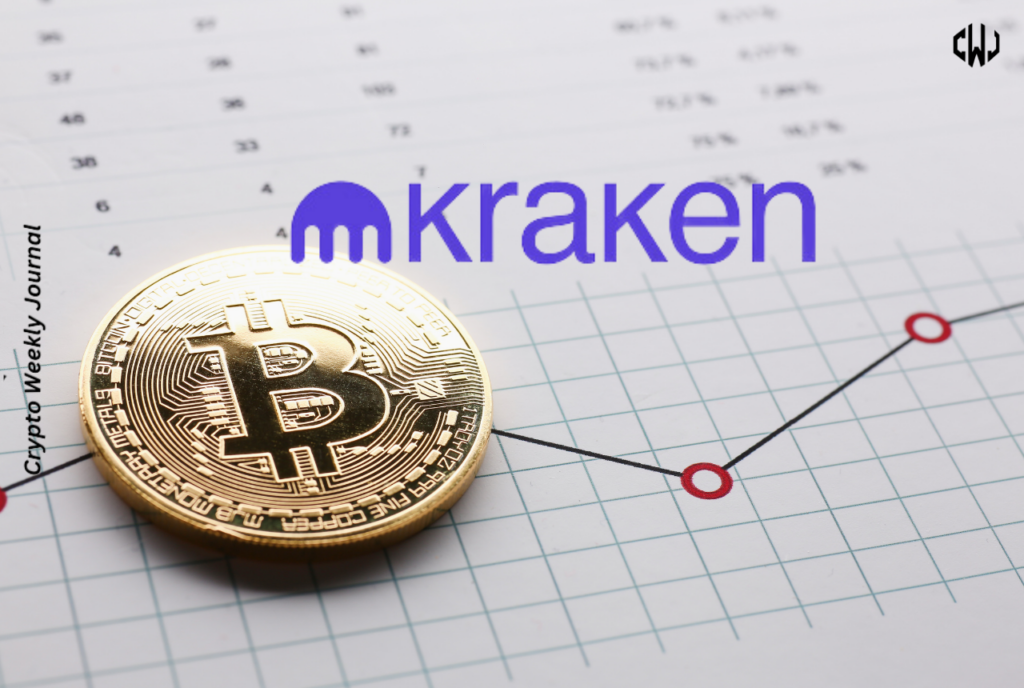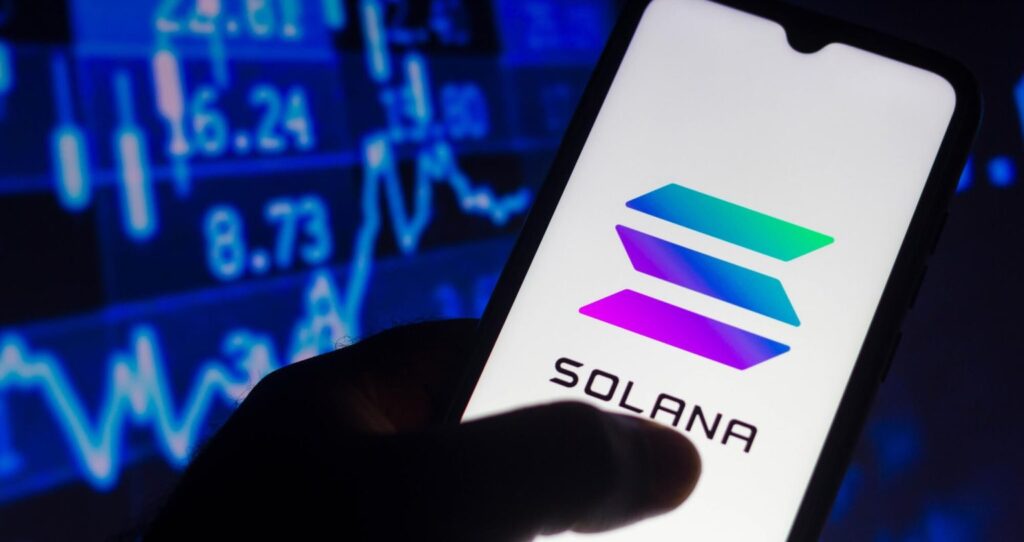- A federal court rejected Kraken’s request to dismiss the SEC lawsuit, allowing the case to proceed.
- The SEC accuses Kraken of operating as an unregistered securities exchange, broker, dealer, and clearing agency.
- Kraken argues its transactions do not involve securities and criticizes the SEC’s vague definition of “crypto-asset securities.
A federal court ruling recently rejected a motion by crypto exchange Kraken to dismiss a lawsuit brought against it by the Securities and Exchange Commission (SEC). On August 23, it ordered that the motion to dismiss the complaint of the SEC could not be granted, and, consequently, the case will further proceed.

The SEC’s lawsuit, initiated in November, accuses the exchange of operating as an unregistered securities exchange, broker, dealer, and clearing agency. The regulatory body alleges that Kraken’s platform enables transactions of “crypto asset securities” without proper registration. The exchange has admitted it has not registered with the SEC but contends that its operations do not involve securities as defined by the agency.
In its latest court filing, the SEC argues that the exchange’s activities with respect to certain cryptocurrency transactions could muster as an investment contract and hence come under securities laws. Albeit Kraken argues that none of the involved transactions have met the criteria defined by the SEC for being treated as security, the court has permitted the case to move to discovery.
Kraken Defends Its Operations, Claims Transactions Are Not Securities
Kraken’s Chief Legal Officer, Marco Santori, took to X to highlight an important point in terms of the ruling. He noted that the court didn’t identify any tokens traded on Kraken as securities. Santori called it a major victory for the exchange and a win for clarity in terms of cryptocurrency. The court picked up vagueness and confusion in the SEC’s concept of ‘crypto-asset securities’ and challenged the SEC’s portrayal of Kraken’s stance over securities.
However, despite these critiques, the court permitted the lawsuit to proceed, setting the stage for a detailed examination of individual transactions. This development mirrors the approach seen in the Ripple case, where the court differentiated between the token and its agreements. The SEC must now demonstrate, through the Howey Test, that specific transactions on Kraken constitute securities, a challenging task that the exchange is prepared to contest vigorously.
Santori expressed concerns over the ruling’s wider implications, noting that such an enforcement-based regulation strategy of the SEC would be extremely protracted and costly for the industry. He urged Congress to formulate a comprehensive regulatory framework so that clarity is given to consumers while promoting blockchain technology.
As the legal battle ensues, the exchange remains committed to defending its operations and advocating for a more structured approach toward crypto regulation. This case is going to have huge implications for how the crypto regulatory landscape really turns out.
Related | Bitcoin Demand Nosedives, Signaling Troubling Market Shift



